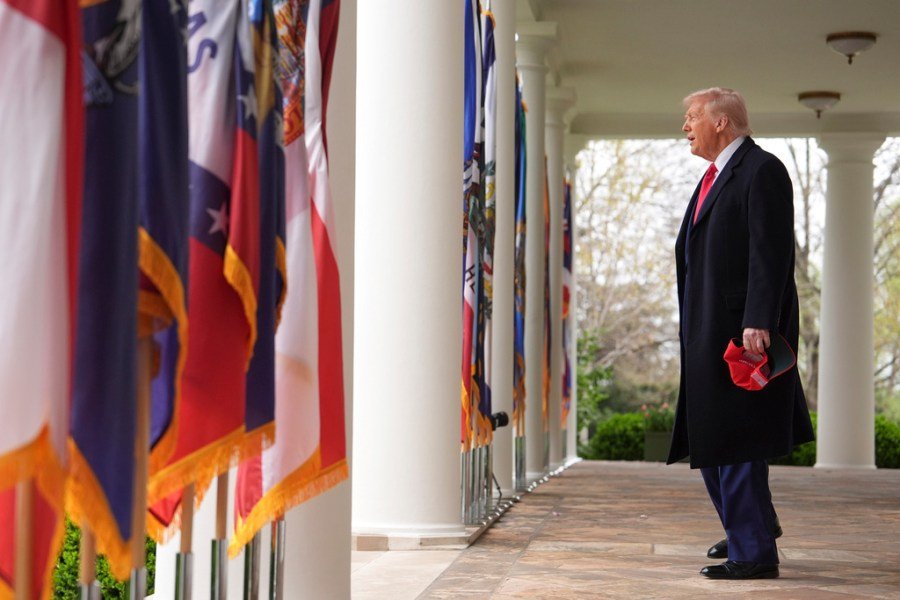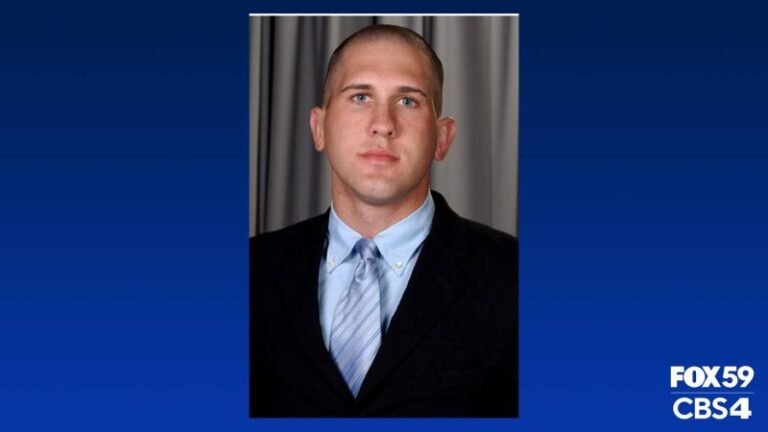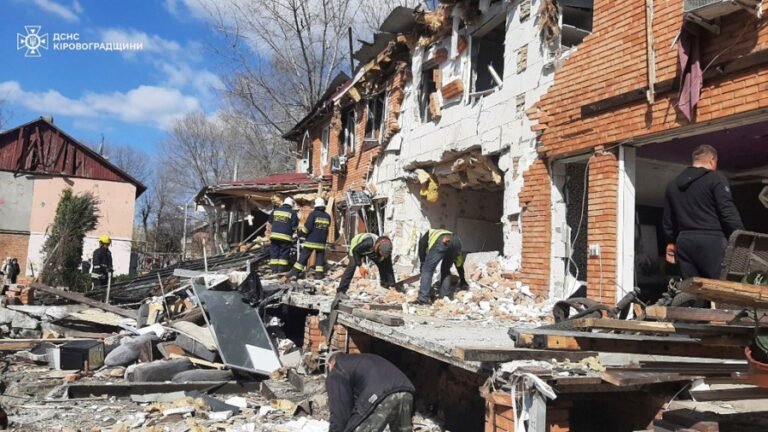
In recent weeks, the notion of Donald Trump serving a third term in office has reentered the national conversation — not necessarily because it’s likely to happen, but because we are in such uncharted territory now that the implausible is starting to feel plausible.
On Sunday, Trump himself made it clear he believes he might be able to run again. While it’s tough to predict exactly how a third Trump term might unfold, a few potential paths emerge when factoring in a political climate defined by strained norms and faltering institutions.
Legally, the 22nd Amendment prohibits any president from being elected more than twice, yet there are potential loopholes and gray areas that could be exploited, especially in an increasingly fragile American democratic system.
Two scenarios come to mind.
In the first, potentially less dire scenario, Trump might orchestrate his return to the White House through a series of technicalities. Rather than abandoning the Constitution altogether, he and his supporters would attempt a legal end-run around it.
With Republicans controlling the levers of government, Trump could remain a dominant political force in 2028 by endorsing a loyalist GOP ticket for president and vice president, winning back the House, and becoming Speaker. If the president and vice president were to then step down, Trump could ascend to the presidency through the line of succession, without directly violating the 22nd Amendment.
Trump could also test out the legality of a run for vice president, making the argument that he is not “constitutionally ineligible to the office of president” but rather simply prevented by the Constitution’s language from being “elected” to a third term.
Unlikely? Yes. Impossible? No.
This version of events, while troubling, would still operate within a recognizable if deeply degraded democratic framework. The public would have gone to the polls, albeit for a sham election structured to produce a predetermined result. Protests and court challenges would inevitably follow, but as this maneuver would likely have been telegraphed ahead of time, the illusion of procedural legitimacy might endure.
What would this look like in practice? We could expect further destabilization and escalation of current policy trends: harsh immigration enforcement, isolationist foreign policy, evisceration of federal agencies, restrictions on universities and crackdowns on dissent. Daily life for most Americans, however, might not at first seem radically different.
This scenario represents a continued erosion of democratic norms — a slow slide, rather than a sudden collapse.
The second scenario is orders of magnitude more alarming. What if Trump refuses to accept his removal from power, as he in 2020? Or what if he indefinitely postpones or cancels the 2028 election, under the pretense of a national emergency?
This would entail a complete break with constitutional order and a coordinated effort to block the peaceful transfer of power. Whether it takes the form of martial law or a military coup, the implications are chilling.
In this event, Trump would no longer govern within even the token bounds of legality or popular mandate. The press could be barred from publishing, courts ignored or co-opted, and outspoken critics of the regime, including U.S. citizens, jailed or shipped overseas. In other words, the threat wouldn’t just be to our institutions; it would reverberate across everyday life. As is often the case in autocratic states, there would likely be a brain-drain as doctors, researchers and academics depart for more stable countries.
A democratic breakdown like this would also likely trigger severe international sanctions, with trade partners like the EU, Canada and Japan suspending ties, leading to a prolonged scarcity of medical supplies, spiking food prices and prohibitive costs for automotive and tech products.
To be clear, I don’t think either of these scenarios is probable. While Trump may be serious about the idea of a third term, the hubbub surrounding it now is mostly a useful diversion to deflect attention from pesky issues like court rulings, cuts to Medicare or delayed Social Security checks.
More conceivable is that he handpicks a successor, plays kingmaker, and retains some measure of control from the sidelines. This preserves his influence while allowing him to appear magnanimous, even as he continues to shape the Republican agenda.
Still, the fact that we are even entertaining these scenarios reveals something dark about our present political moment and is itself a sign of just how far we’ve already drifted from democratic norms. Threats to due process, unchecked executive authority and political attacks on co-equal branches of government are happening now.
The third-term question may be hypothetical. The democratic backsliding, unfortunately, is not.
Phil Chen is an assistant professor of political science at the University of Denver.


